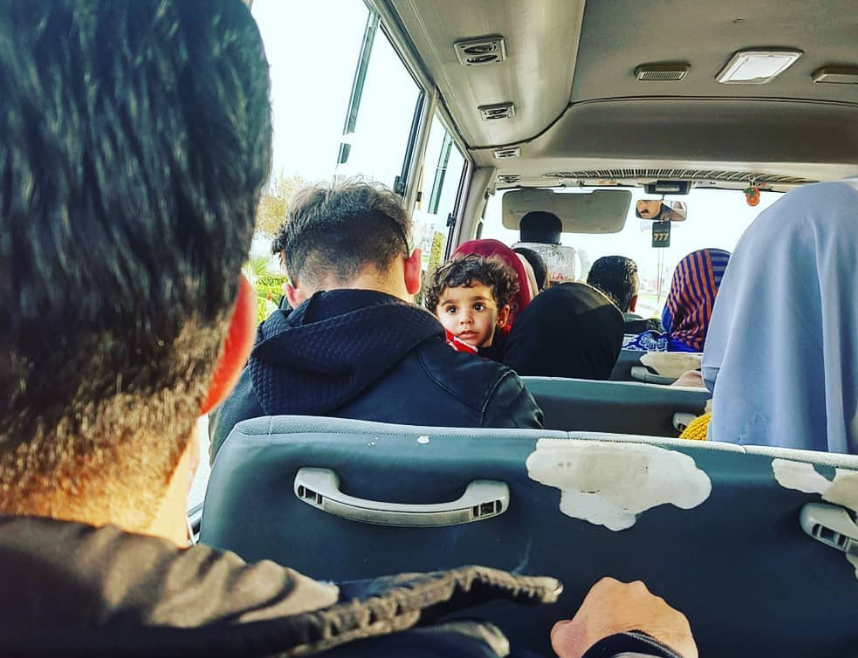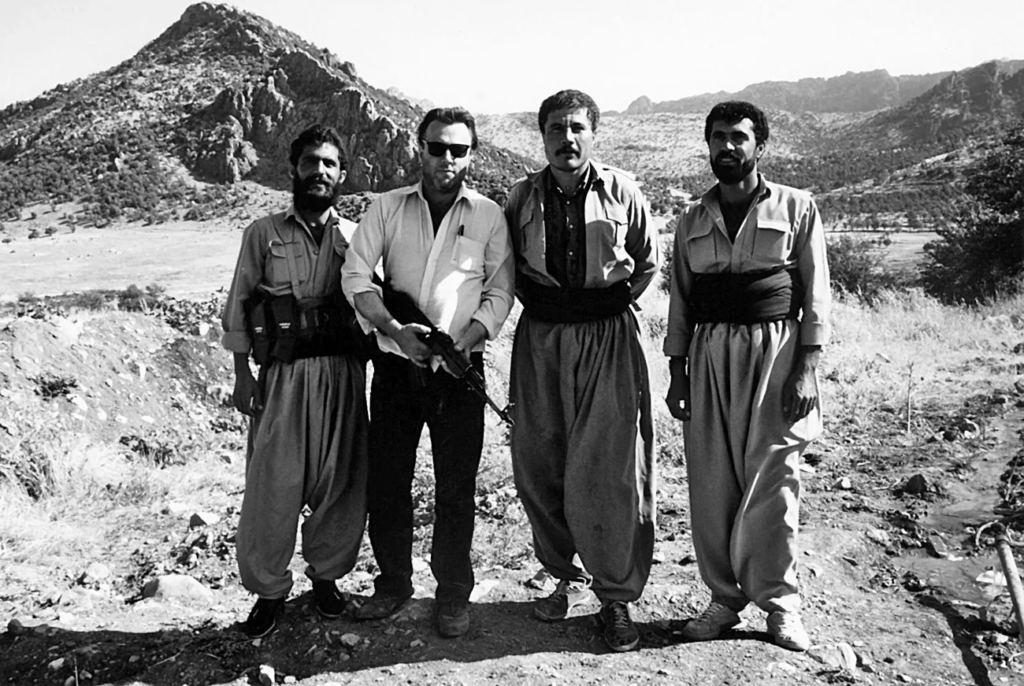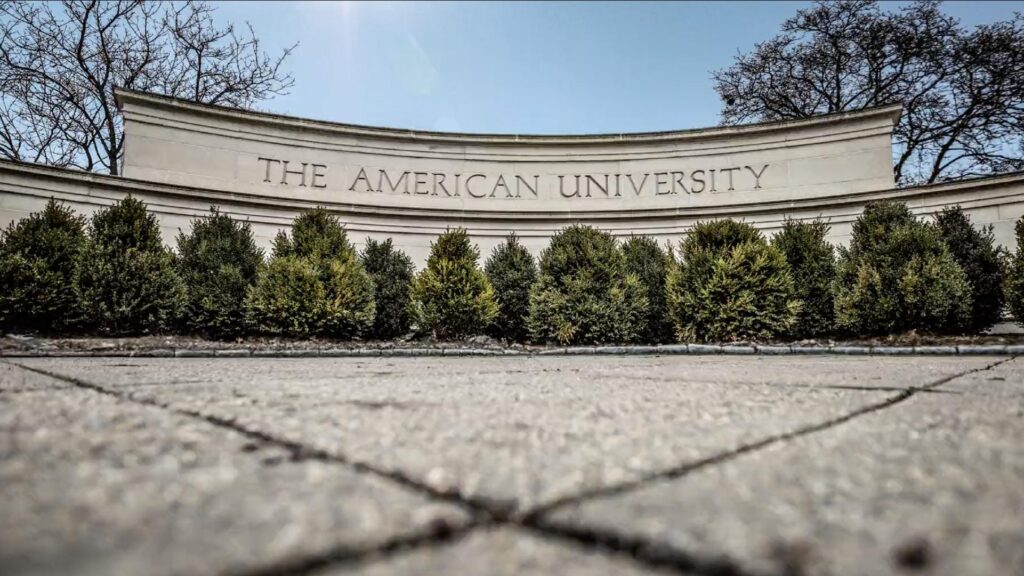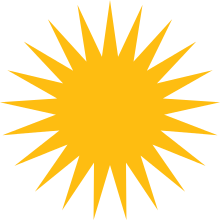
A man sees in the world what he carries in his heart.
Johannes Wolfgang von Goethe, Faust, First Part
A glimpse in the past
It is just shy of a decade and a half when I first became aware of Kurdistan. I can remember it very specifically, because I was waiting to get my haircut at the barber. A stack of national geographic magazines stand piled on the coffee table next to me, I took one random magazine to flick through. I was at that age where you don’t really pay much attention to the details. As I flicked through its pages, an image stood out to me of a man with shades sitting atop what looked like a tank with some children.

It stood out to me because I can still remember asking the barber what type of tank this was… “Soviet era, Saddam had some of those.” “Saddam?” That was the start of it. It was the start of the curiosity into this part of history I never even knew was a thing until then. “Yes, the dictator of Iraq. The one the Americans got rid of.” What a subtle dramatic way of opening my curiosity.
Thanking the barber for the decent haircut, I took the magazine home with me – albeit under my shirt because I wanted to take it home but was timid to ask permission. The cover of the magazine which I had not noticed until I got back now strikingly captured the gaze of my eyes.

STRUGGLE OF THE KURDS
A bold title in the foreground of another striking portrait of a man with a… cloth on his head? I later found out that the Kurds call it a “jamana” which is a scarf that men wrap around their heads for protection and to denote their specific tribe. The man that I had identified on the tank was Christopher Hitchens, a writer who was surveying the Kurdish people back in late 1991. The story that he wrote for Nat Geo goes through who the Kurds are and where they are located.
There are roughly over thirty million Kurds in the Middle East. Kurds are one of the largest stateless ethnic groups in the region. Most are located in the Mesopotamia and Levant region of the Middle East, where Iraq, Iran, Syria and Turkey are located. These modern states occupy what the Kurds of this region call, “Kurdistan” – land of the Kurds. Their history stretches back thousands of years to the Medes that once ruled the area. Persecuted over a millennium by different empires, regimes and dictatorships, the Kurds now are under the occupation of modern states of Iran, Iraq, Turkey and Syria.
Only one part of this geographical landmass encompassing Kurdistan is free. This brings it back to the conversation that I had with my barber. Saddam controlled Iraq from the late 1970s-2000s. Saddam ran a Republic of Fear whilst in control of the country, waging various wars against his neighbours and oppressing the local population. The Kurds were made the targets of the Ba’ath regime in the late 1980s. This is despite former arrangements between the Kurdish representatives in Iraq and Saddam in the decade prior, where the Arab-Sunni leader allowed for the formation of a Kurdish region in the north of Iraq.
Saddam targeted the Kurds for annihilation during the Iran-Iraq War. The war waged between the Islamic regime in Tehran and the Arab Ba’ath regime would end with millions of dead. One of the people left most brutalised in that war were the Kurds. Saddam first unleashed violence towards the Kurds with the killing of thousands of young men of the Barzani clan in 1983. Following this campaign of violence, during al-Anfal Saddam’s Airforce dropped chemical weapons on the small town of Halabja in 1989. Thousands of men, women and children died via mustard gas in what is now considered a genocide by survivors.
The violence wrought by Saddam against the Kurdish people only exemplified the need of his regime to be brought to justice. Hitchens came to the Kurdish region of Iraq following the conclusion of the Gulf war, another war where Saddam aimed to annex Kuwait for oil. The Americans spearheaded a coalition under the auspices of the United Nations in 1990 to help liberate the country, which happened in 1991. Hitchens wrote a brilliant article that documents this recent history and provided a young person like me a necessary glimpse into the suffering of this people – a people I never knew about otherwise.
In an ironic twist of fate, Saddam’s regime fell in 2003 after decades of brutal rule by the very hands that he oppressed – the Kurds. Kurdish peshmerga fighters assisted American, British, Australian and other Coalition forces in the liberation of the country. This liberation not only allowed Iraq to have democracy for the first time in its history, but also helped to secure a region for the Kurdish people. Iraqi Kurdistan, a place that I would visit decades later, remains one of the freest places for Kurds to express self-determination. A lot of issues persist, but Kurds now wave their flag without fear of Saddam’s regime.
Christopher Hitchens brief article on the Kurds helped to introduce this world to me. It was the first true passion for something outside of myself that I developed. And although Hitchens is now long dead and things have drastically shifted in the Kurds favour in the region, I will still always remember that fall when I picked up the Nat Geo magazine.
This brings me to the present day. I now write on the Middle East a great deal. I have managed to make various contributions to The Region, Areo Magazine, The Jerusalem Post, The Times of Israel and many more places. I focus largely on local developments, especially as each relates to conflict, humanitarian concerns and minority rights. I have visited Kurdistan and seen the places that not only were impacted by Saddam’s regime, but also recently by Daesh. These various contributions and experiences are due in large part because I was just curious enough to learn about the Kurdish people. A people that I care deeply for and who I only wish the best.
There is an ancient saying that Kurds often will say,
“The Kurds have no friends – no friends but the mountains.”
– Kurdish proverb
This saying reflects the long history of struggle, betrayal and persecution the Kurdish people have endured. It reflects a people that is deeply resilient but also very wary of supposed friends. I resonate strongly with this sentiment, since although I have not faced the same hardships, I certainly know what distrust and wariness does to the soul. Yet, despite this common phrase, I believe, at least I hope, the Kurdish people have a friend in me. There are so many people across the globe that are now aware of the struggle of the Kurds, especially due to the sacrifices made by the Kurds themselves but also the awareness brought by writers like Christopher Hitchens. I should hope that my Kurdish friends do not feel quite as alone as they did in the past.

A new beginning?
I received an email that took me by surprise a couple months back. To give a bit of context, I had just finished writing a rather intense undergraduate thesis on a Kurdish faction in the Syrian Civil War. My focus for that thesis was on the role that international humanitarian law plays in attempting to regulate non-state actors. It was a very stressful time for me that lasted for an entire year in 2023 but ended up with a much deserved high distinction.
Digressing, I found that applications I had put in for graduate universities in the United States returned fruitful. All the universities that I applied for, specifically to do a Master’s program in international relations or international affairs, I was accepted into. Every. Single. One.
The shock from achieving this result was only the beginning of an emotional roller coaster.
“Johns Hopkins – SAIS”, “University of Texas at Austin – LBJ”, “Texas A&M – Bush”, “Tufts University – Fletcher” and “American University – SIS” – These schools accepted my application. Yet, now came a more important decision of where exactly to go. My desire to even do a Masters comes, at least to me, as a natural progression of years of writing and passion for the Middle East, especially the Kurdish struggle. I wanted to add a professional level of dedication to better assist in a more active role in helping further the affairs of the Kurdish people. It is for this reason that each of these schools for me were important to apply to.
A couple months rolled by, and I now waited a financial offer from each university. The period I had applied to was in the Fall – August of 2024. Each application was sent at the earliest possible time, so I could be considered for financial assistance. I simply am not from the wealthiest background; hence I am more frugal with finances and dedicated to putting in the extra work to achieve objectives.
This brings me to American University. Out of all the universities that I was in contact with about graduate programs, AU’s School of International Service always tried to keep in contact. The perception of a university trying to help a student seems quite far-fetched, yet this is exactly what happened with me. One of the biggest demonstrations of this interest and care to try get me on board with the university was the financial package.
A smile from the past it seems came back to return a favour. “Mustafa Barzani Peace Fellowship recipient”, printed on the letter of offer. This financial offer not only was generous but would essentially provide what Americans call a “free-ride” to grad school. After carefully considering the implications of receiving a fellowship from what essentially would be the Barzani clan, a clan that rules the Kurdistan Regional Government, and weighing other offers by different grad schools, I decided to accept the fellowship.
I have been accepted to American University School of International Service (SIS) to study a Master of Arts in International Affairs: Global Governance, Politics and Security (GGPS) in Washington D.C.. This admission comes after a long process of applying to graduate schools in the United States, all while finishing off my undergraduate Honours Thesis. I have been awarded a Mustafa Barzani Peace Fellowship to assist in my studies for the fall of 2024.
“The fellowship stands as a beacon of hope for students passionate about Kurdish affairs, offering a unique scholarship opportunity to cultivate a new generation of leaders committed to fostering peace, understanding, and positive change. Named in honor of the influential Kurdish leader Mustafa Barzani, the fellowship provides more than just financial support. It also facilitates academic and professional development, empowering recipients to contribute meaningfully to the resolution of regional issues.”
– American University, SIS
The fellowship has been awarded to me for academic excellence, potential and contributions to the Kurdish cause. In other words, the years of writing that were born from that initial curiosity has returned to offer thanks. Yet, do I really deserve this?

What does it means?
The acceptance to AU SIS is something that I was not expecting to begin with. As someone who comes from a blue-collar working-class background and a first-generation immigrant family, I am used to struggling to achieve things. I guess it is an inherent imposter syndrome that I have been conditioned to think that I am undeserving, or think the worst, to prepare more accordingly. A lot of hardship will only reinforce that mindset, especially when life does not go your way.
Life for the last couple years had left a lot of emotional and mental scars. My dad was struggling to move across states, while my mother dealt with the emotional baggage of my unstable brother. I already was dealing with a lot of different insecurities about my writing, education and just felt generally lost as to why I was doing writing to begin with. The undergraduate degree I ended up doing came after years of trying to find that niche to focus on. Even when I went to Kurdistan and contributed the articles I did, I felt that I was not doing enough to help. Why did I want to help? I think it comes from that internal desire for meaning, but also from a very furious love for the people I write about. Why this is the case is still something that I have yet to fully answer. It is what it is, and that fire is there inside me, so I need to do something about it.
The passion that has driven me to write in the first place is what ended up paying off the most. All the writing contributions that I have made on multiple things I care about, whether it is the Kurdish cause, Ukraine, Armenia, or just the MENA region in general – all of it brought me here. The difficult days of silence in an otherwise indifferent world have provided a certain level of fortitude.
I have worked hard to excel academically and rise above my circumstances. Writing, volunteering, and hard work have been instrumental in helping me reach my current position. Despite the emotional, mental, and financial struggles of the past five years, having something demonstrable that shows all the hard work has paid off is very humbling. It is just something that I cannot truly put into words.
There remains a lot to do. This opportunity is not something to be taken lightly. I have a lot of work ahead of me. However, the journey to come is going to be interesting. The Kurdish struggle is part of that story that I need to remember and appreciate. Even though I am far away and often disconnected from my Kurdish friends, I still feel an obligation to do my small part to help. No one is asking this of me. The only person I am speaking to about this is myself. Is it enough? I think it is.
Your heart can hold a fire that ends up illuminating even the darkest passages. You just need to ensure that fire keeps burning until you reach the other side, whatever that may be.
Written by Anthony Avice Du Buisson (10/04/2024)

![In The Keyhole Of Despair – [Poem]](https://philosophyismagic.com/wp-content/uploads/2020/12/11872271_849759915100473_8902722463370728697_o-700x465.jpg)
![Dandelion a Drift – [Personal Writing]](https://philosophyismagic.com/wp-content/uploads/2020/12/10687325_722474704495662_2620316147957936033_o-700x465.jpg)
![Rethinking Refugee Policy in Europe: “Fortress Europe” and Its Consequences [JHU SAIS ESSAY]](https://philosophyismagic.com/wp-content/uploads/2022/07/RC-700x465.webp)
